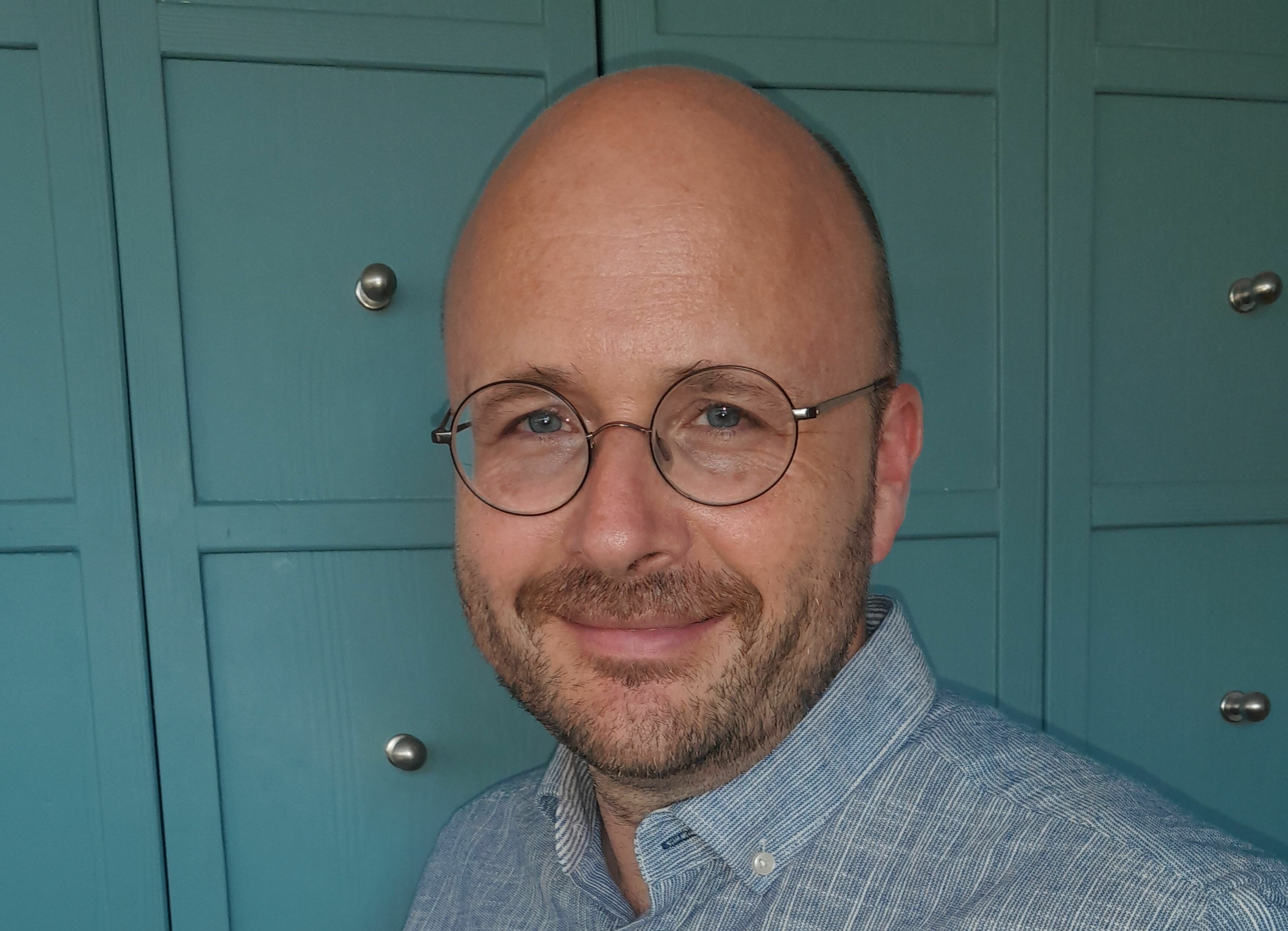In this series The Copenhagen Post meets some of the internationals who make Denmark work.
One of them is Gerhard Tiwald, who came from Austria in 2010 to work as a doctor.
His plan was to only stay for about two years, but why leave a country where the opportunities are endless?
Could you briefly summarise your work history?
I went to medical school in Austria, where I was trained in internal medicine. The degree is acknowledged all over Europe, so it was not a problem to get permission to work as a doctor in Denmark. Here, I also specialised in emergency medicine, so I now hold two specialist degrees.
What is your current job title and your main duties and responsibilities?
Currently, I am employed as Head of the Emergency Department at Region Sjælland, which makes me the chief of about 50 other doctors. Unfortunately, I do not see many patients anymore, but I have quite a lot of other duties. I am, for example, responsible for a budget of about 140 million Danish kroner a year, as well as for the hiring and firing of employees.
Is this the career you envisaged when you graduated, or are you still gravitating towards your dream job?
Maybe other opportunities will come up in the future – but so far I am very happy with my career, especially in Denmark.
It’s said that foreign workers bring great value to Denmark – how would you assess your contribution?
In Austria the medical training is very good, but also extremely intense – as a young doctor I worked about 70 to 80 hours a week. That amounts to twice as many patients as a Danish doctor in training sees. So, when I got to Denmark, I already had quite a lot of experience.
In which areas of your job have your education, experience or international know-how given you an advantage over your Danish colleagues?
In Denmark medical training is typically strictly limited to one field, whereas in Austria the borders between specialties are not that strict. So, I received training for different kinds of patients, which turned out to be a big advantage in the emergency department where all types of sick people have to be treated.
Have you worked in any other countries?
I worked in Germany for about two years, where I received training in cardiology. Otherwise, only in Austria.
How international is the culture of the company you work in?
We have a good mixture of different nationalities and try to integrate many doctors from a lot of different countries who come to Denmark with a Green Card or as a refugee. In my department, I regularly employ doctors from Iran, Iraq, Columbia and Pakistan, for example.
What is it like being a foreigner in a Danish working environment?
There are some differences I had to get used to, but it was not really a big problem as the Danish and Austrian mindsets are often very similar. What I really like about the Danish working mentality is that you do not always have to aim for 150 percent as you would do in Austria. There is this Danish expression “Godt nok” (it’s good enough).
What are three things that have surprised you the most about your working life in Denmark?
First of all, the flat hierarchy: In Austria the Hospital Director or Head of Department is considered to be ‘the Almighty’ while in Denmark everything needs to be questioned and discussed, which is really good as it gives you the opportunity to rethink common treatments. Another thing that really surprised me is that everybody is addressed by their first name, which makes conversations much easier. Furthermore, every employee is considered to be an important part of the system – whether you are the doctor, the nurse or the cleaning lady. There is no such thing as a superior or inferior job here. Something else that I appreciate a lot is the work-life balance. Back in Austria I hardly saw my children awake because I had to work until late in the night, but in Denmark, they really prioritise spending time with your kids and being home for dinner.
What do you consider to be the best thing about working in Denmark?
I experience Denmark as a country of endless opportunities – something you would usually associate with America. If you come up with an idea here, you will always find a way to make it real.
What do you miss about working in your home country?
As already mentioned, it is easier to work with all kinds of procedures in Austria, whereas in Denmark they have really strict borders between specialties.
Which pieces of advice would you give to somebody contemplating a career in Denmark?
My first advice is to learn Danish – especially when you plan on staying here. For me, that was not very hard, as the Danish language is not so far from German. Secondly, don’t be surprised that it takes a long time to get invited home by a Dane. Although they are very polite, they tend to be kind of private. Lastly, be ready to adjust to very dark and wet winters. The summer evenings are beautiful and very long, but the winters can be quite tough.


